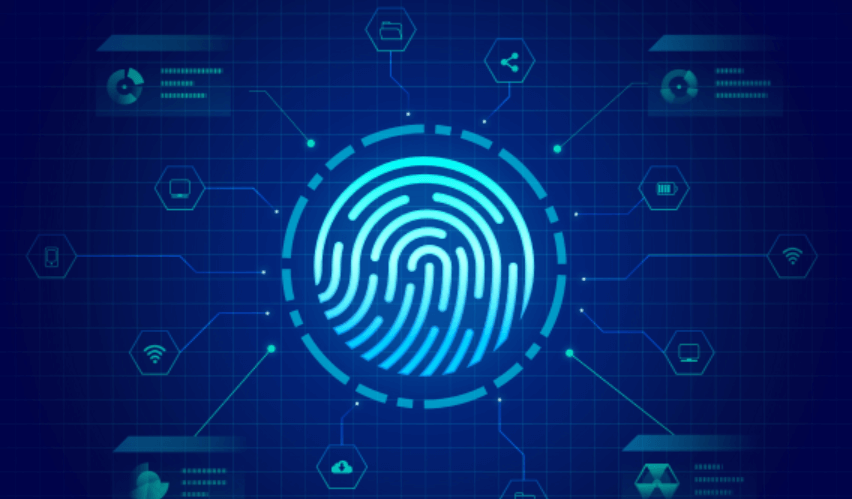How Blockchain Is Transforming Digital Identity Management
Blockchain technology is fundamentally altering the landscape of digital identity management. By creating a decentralized framework, it offers individuals greater control over their personal information. This shift enhances privacy and mitigates the risks associated with data breaches. Various industries are beginning to implement these systems, yet the implications of widespread adoption remain to be fully understood. What challenges and opportunities lie ahead as this technology continues to evolve?
The Basics of Blockchain Technology
Although often associated with cryptocurrencies, blockchain technology encompasses a broader spectrum of applications that extend well beyond financial transactions.
At its core, blockchain employs a decentralized ledger that records data transparently and securely. This system relies on various consensus mechanisms to validate transactions, ensuring integrity without a central authority.
Such features empower users, fostering autonomy and trust in digital interactions across diverse sectors.
See also: How Blockchain Is Revolutionizing Digital Art
Benefits of Blockchain for Identity Management
The application of blockchain technology in identity management presents numerous advantages that enhance security and user control.
Security enhancements are realized through decentralized data storage, reducing vulnerability to breaches.
Furthermore, user empowerment emerges as individuals gain ownership of their personal information, enabling selective sharing and greater privacy.
This transformative approach fosters trust and autonomy, ultimately redefining the landscape of digital identity management.
Real-World Applications of Blockchain in Digital Identity
Numerous industries are beginning to adopt blockchain technology for digital identity management, showcasing its versatility and potential.
Real-world applications include decentralized identity systems that empower users with self sovereign identity, enabling individuals to control their personal data.
Financial services, healthcare, and education sectors leverage these frameworks to enhance security, streamline verification processes, and reduce fraud, ultimately fostering a more autonomous digital environment for users.
Future Implications of Blockchain on Identity Verification
As blockchain technology continues to evolve, its implications for identity verification are poised to reshape how individuals and organizations authenticate identities.
The emergence of decentralized identity systems promises enhanced user privacy, allowing individuals to control their personal information without reliance on central authorities.
This transformation could lead to more secure, efficient identity verification processes, fostering trust and autonomy in digital interactions and transactions.
Conclusion
In the evolving tapestry of digital identity management, blockchain emerges as a robust thread, weaving together security, autonomy, and trust. Like a key unlocking a treasure chest, it grants individuals ownership of their personal information, safeguarding it from the prying eyes of data breaches. As industries embrace this decentralized paradigm, the landscape of identity verification transforms, heralding a future where users navigate the digital realm with confidence, illuminating a path of transparency and empowerment in their interactions.






